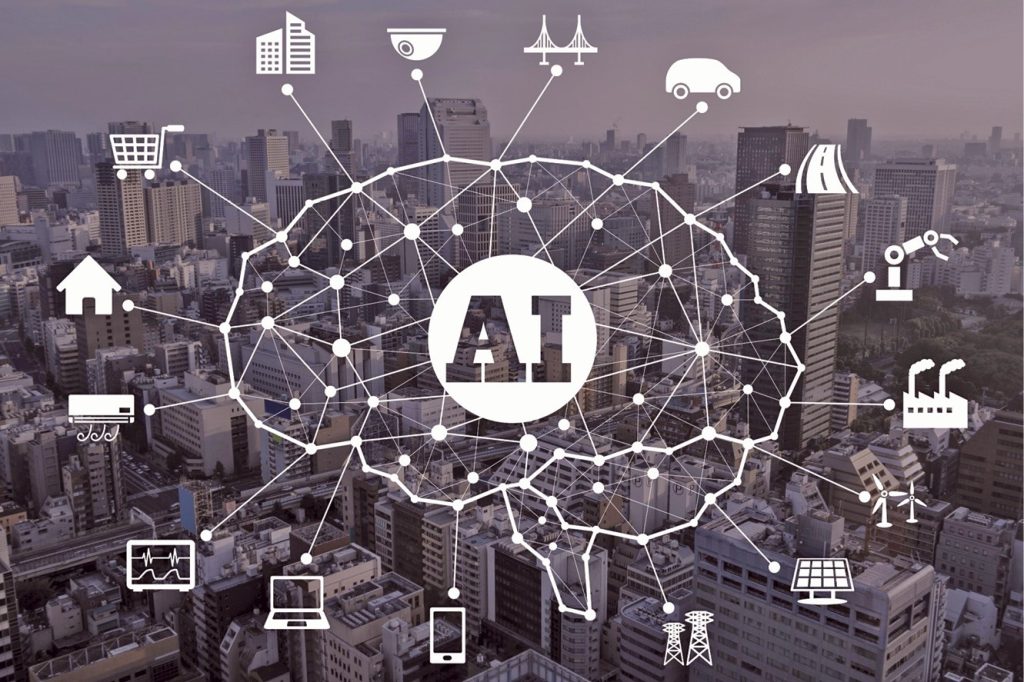Artificial Intelligence (AI) has made remarkable strides in revolutionizing various aspects of our lives, from healthcare to finance. One domain where AI is gaining significant traction is in the field of mental health. While AI holds the promise of enhancing mental healthcare accessibility and effectiveness, it also raises important ethical questions. In this blog post, we will delve into the ethical implications of AI in mental health, exploring how it impacts privacy, bias, accountability, and human connection.
Privacy Concerns in AI-Powered Mental Health Services

The integration of AI in mental health services often involves the collection and analysis of highly personal and sensitive data. Patients may share their deepest thoughts, emotions, and experiences with AI-driven chatbots or virtual therapists. This raises crucial questions about data privacy and security. How can we ensure that this sensitive information remains confidential? Who has access to it, and how is it protected from breaches and misuse? Striking a balance between the benefits of AI-driven mental health support and safeguarding patient privacy is a pressing ethical challenge.
Addressing Bias in AI Algorithms
AI algorithms are only as good as the data they are trained on, and this can lead to bias. In mental health, biased algorithms can have dire consequences. For example, if an AI system is trained predominantly on data from one demographic group, it may not accurately diagnose or provide treatment recommendations for individuals from other groups. Bias in AI can perpetuate existing disparities in mental health care, making it less accessible or effective for marginalized communities. Ethical AI development must prioritize fairness, transparency, and inclusivity to ensure equitable access to mental health support.
Accountability for AI-Driven Decisions

As AI takes a more prominent role in mental health diagnosis and treatment, the issue of accountability becomes crucial. Who is responsible if an AI system makes an incorrect diagnosis or offers harmful advice? Is it the developer, the healthcare provider, or the patient themselves? Establishing clear lines of accountability in the context of AI-powered mental health services is essential to protect patients’ well-being and ensure that ethical standards are upheld.
The Human Touch vs. AI
While AI can provide valuable support in mental health care, it cannot replace the human connection that is often integral to healing. Ethical considerations must include striking the right balance between AI-driven automation and human interaction. Overreliance on AI may lead to a lack of empathy and understanding, potentially diminishing the quality of care. Mental health professionals must consider how to integrate AI as a tool to enhance their work rather than supplant it.
Informed Consent and Transparency
In the world of AI-driven mental health services, informed consent takes on a new dimension. Patients must understand not only the treatment options but also the role that AI plays in their care. Transparency about the use of AI, its capabilities, and its limitations is vital. Patients should have the opportunity to make informed decisions about their treatment, including whether they are comfortable with AI assistance. In conclusion, AI’s role in mental health care is expanding rapidly, offering both promise and ethical challenges. Privacy concerns, bias mitigation, accountability, the balance between AI and human interaction, and informed consent all require careful consideration. As AI continues to shape the landscape of mental health services, it is imperative that stakeholders, including developers, healthcare providers, and policymakers, collaborate to navigate these ethical implications and ensure that AI serves as a valuable tool in improving mental health outcomes for all.


Leave a Reply